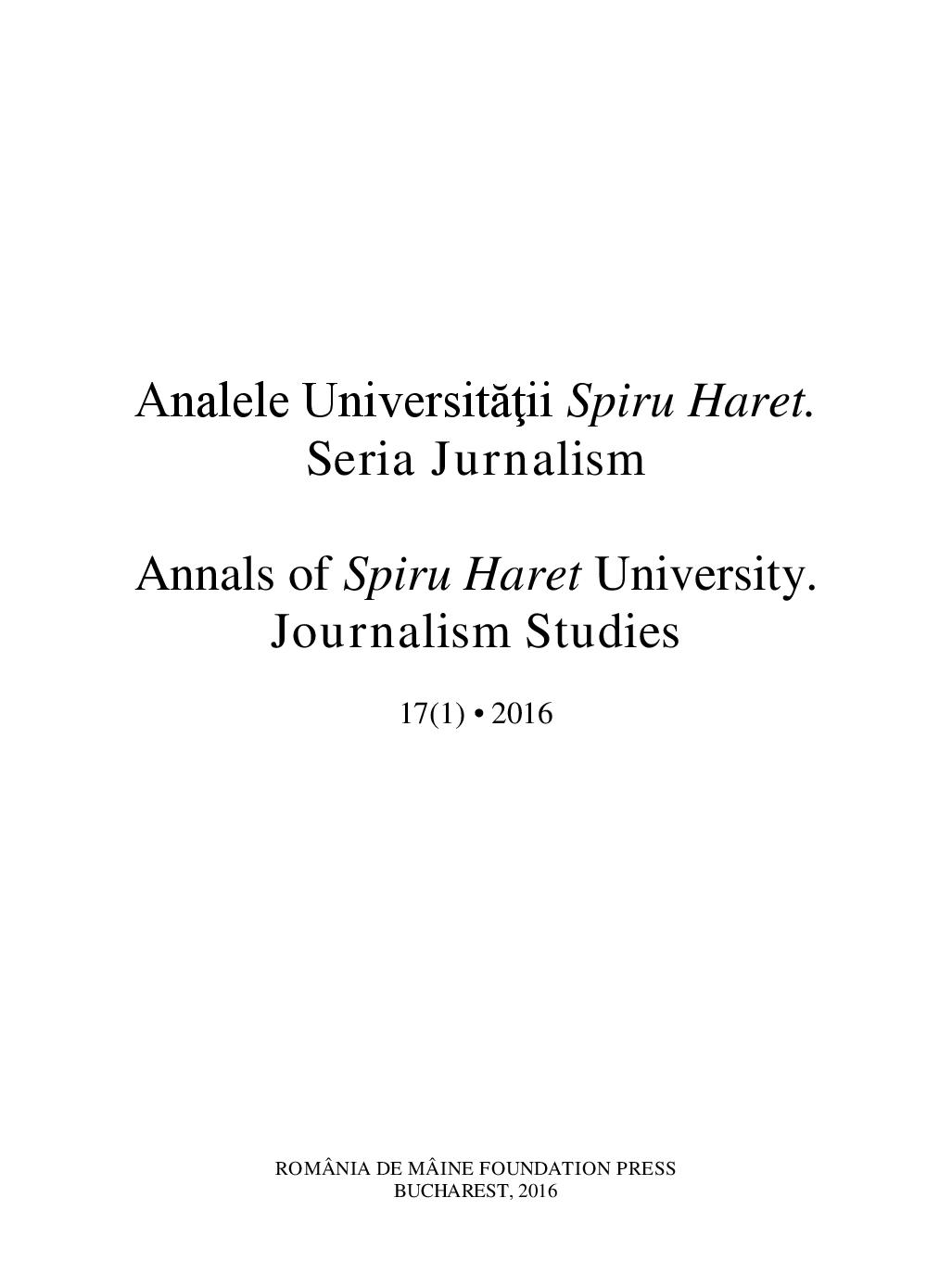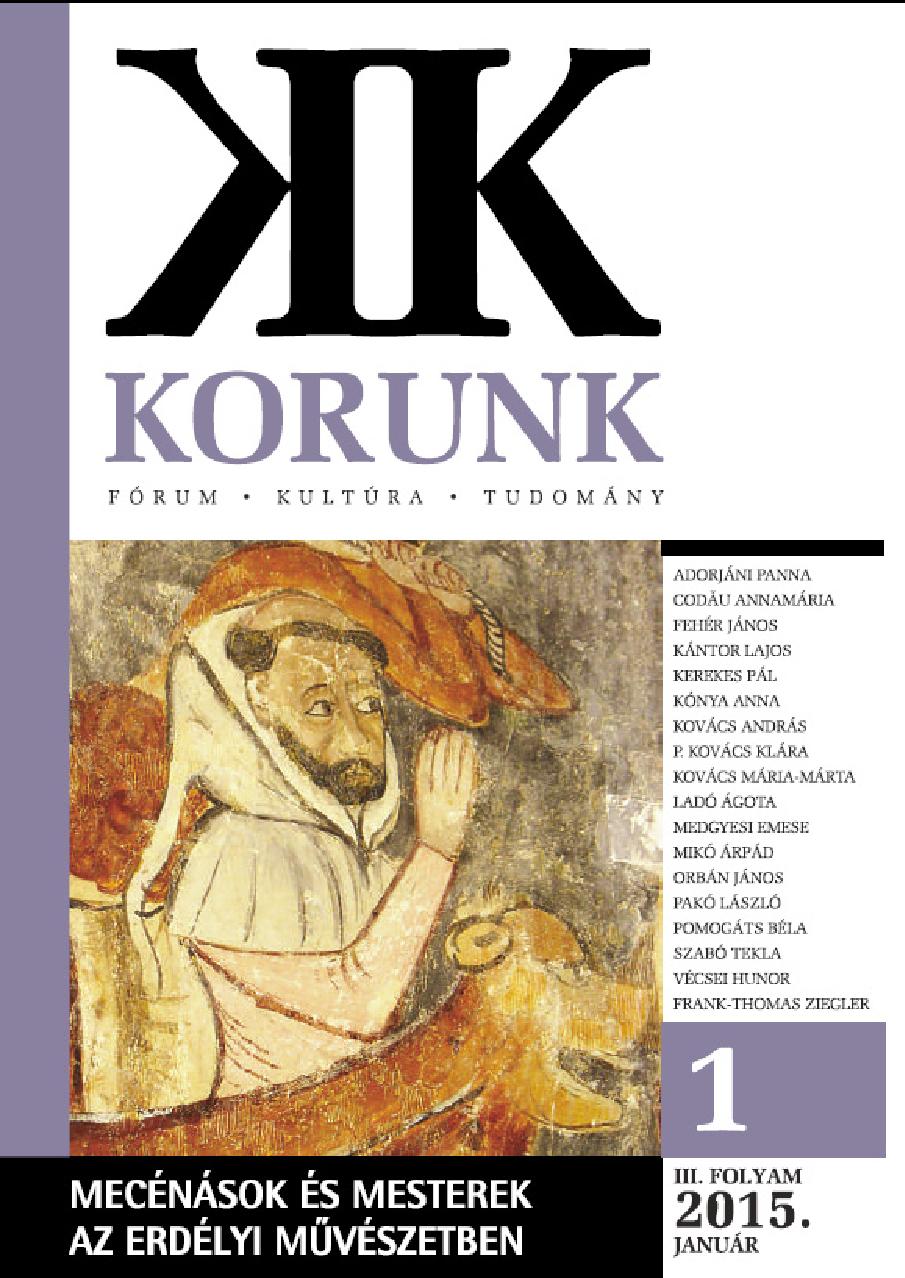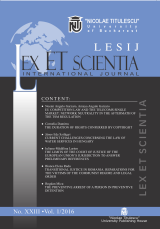EU COMPETITION LAW AND THE TELECOMS SINGLE MARKET: NETWORK NEUTRALITY IN THE AFTERMATH OF THE TSM REGULATION
Author(s): Amaya Angulo Garzaro,Noemí Angulo Garzaro / Language(s): English
/ Issue: 1/2016
Keywords: EU Competition law; network neutrality; Telecommunications Single Market; TSM Regulation; European integration.
Since the early 1990s, a sharp increase in the Internet traffic has been experienced. Technology, once again, has proven to be able to develop faster than regulation. In this endlessly evolving scenario, operators in the technology markets, as well as end-users, often find themselves under-protected. Therefore, it comes as a major concern the need to regulate those technological markets and, more specifically, the use –or abuse– of Internet. All Internet traffic should be treated equally and that is, precisely, what network neutrality aims at. Consequently, network operators may not take advantage of their position in the market to affect competition in related markets. All in all, network neutrality is crucial to achieve the highest degree of competition. In the absence of network neutrality, the Internet would find itself unable to qualify as a market merely driven by innovation, and it would unfailingly turn into one ruled by deal making. Competition law claims that the higher the neutrality is – i.e., the more equal the treatment is, the better it is for the consumer. If network operating companies create an exploitative business model, they might be able to block competitors’ websites and services; in other words, it may facilitate adoption of anticompetitive practices – namely, the abuse of their dominant position. Transcending all the arguments raised against network neutrality –such as the prevention of an overuse of bandwidth–, we will demonstrate that it must be deemed essential from a Competition law perspective. In addition, we will argue, the imperative necessity of leaving the market under the tough scrutiny of competition authorities, which are best placed to assess the anticompetitive character of the practices brought about by market operators.
More...



